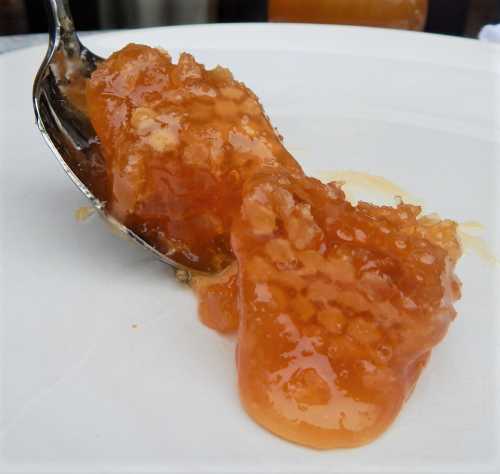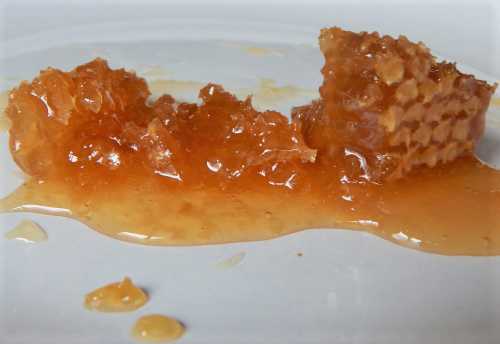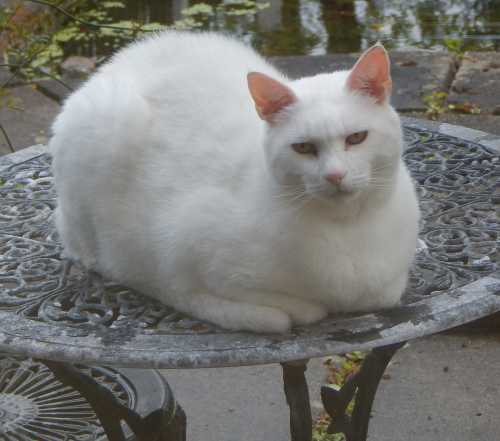Do Bees Eat Honey?
9th February 2021
Question:
Do bees eat honey?
The short answer is:
Certainly honey bees do, and in fact honey is stored by honey bees in wax combs as winter food for the colony. However, not all bee species make honey. Here's a look at the question in greater detail.
Which bees eat honey?
Honey bees make honey as a method of storing sweet nectar for food during winter, which is when honey bees eat it. It's the bee's method of food preservation, in the same way that humans put foods into jars and cans as a means of storing them to eat later. It enables us to easily eat summer and autumn fruits when they are no longer available for us to gather directly from the tree or from plants.
To make the honey, nectar is gathered by bees from flowers, mixed with the honey bee's own special ingredient known as the 'bee enzyme', then deposited into wax honeycombs. These honeycombs are the honey bee's own version of storage jars! The bees then fan the stored nectar until it thickens and turns into honey, upon which they cover the honeycombs with wax - their version of putting on lids.
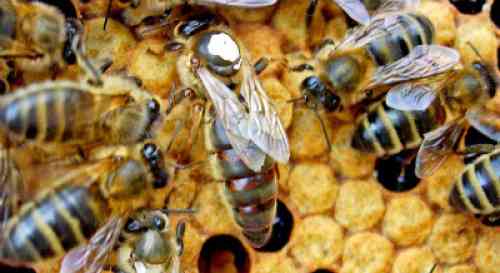
There are other occasions when bees may eat some of their honey stores, such as prior to swarming.
Therefore in summary, honey bees certainly do eat honey.
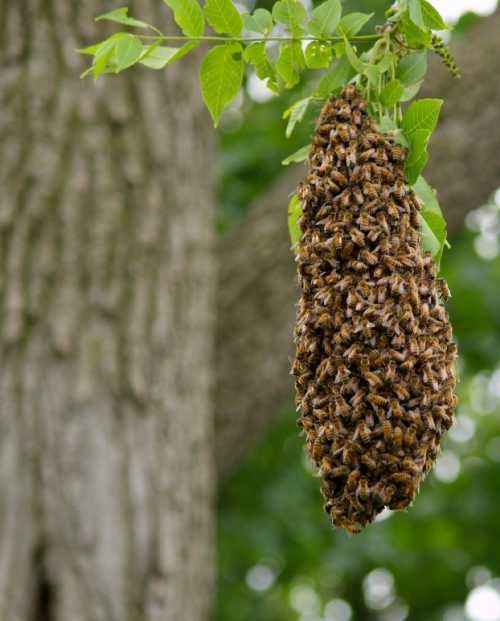
Do other bee species eat honey?
If you were to place a plate of honey outside on a sunny day, quite possibly a number of different insect species would visit to feed upon it. Among them would be wasps, various flies, possibly a few butterflies, and a number of bee species - notably bumble bees.
However, it is not advisable for honey to be eaten by other insects, including bees, other than the actual honey bee colony that made the honey in the first place. This is because honey can contain various parasites and bacteria that would be harmless for humans but problematic for other insects.
In other words, although other species may not make honey themselves, certainly some are attracted to sweet things.
The tropical stingless bees native to Australia also makes honey, however, these bees live in small colonies in comparison to the honey bee, Apis mellifera, and so only small quantities are made. Bumble bees store nectar for a short time in little wax pots, but it is not honey as such. You can read more about this on the page do bumble bees make honey.
Why is honey good for bees to eat?
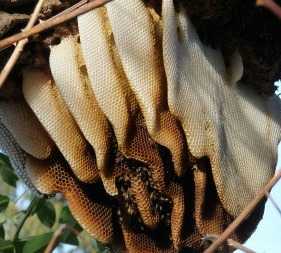
Here are 2 broad reasons:
1. Honey is an excellent source of energy for bees
Honey bees need a lot of energy. Honey bees fly up to 15 mph and beat their wings 200 times per second or 12,000 beats per minute! It takes many nectar-gathering trips backwards and forwards between patches of flowers and the nest or hive, such that a worker will only make about a twelfth of a teaspoon of honey in its lifetime.
Honey is therefore ideal for bees, because it is mostly made of sugars (in the form of carbohydrates), meaning it provides lots of energy for honey bees.
2. Honey provides minerals, amino acids and vitamins needed by bees
Humans need all kinds of vitamins and minerals in their foods in order to remain healthy.
Honey also contains a number of vitamins, amino acids and minerals. Although these quantities are very tiny, they are no doubt beneficial to honey bee.
Did You Know?
Toxic Honey Was Used In Ancient Warfare!
